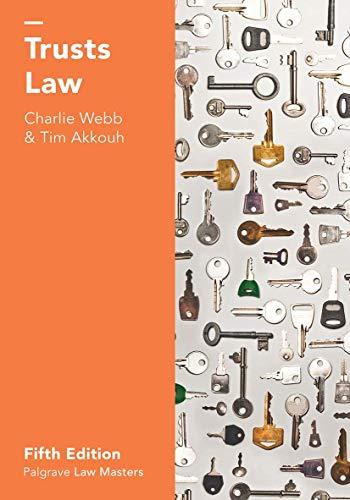Question
In Burwell v.Hobby Lobby Stores, Inc. (2014), the Supreme Court held that the Religious Freedom Restoration Act (RFRA) permits a closely-held for-profit corporation to deny
InBurwell v.Hobby Lobby Stores, Inc. (2014), the Supreme Court held that the Religious Freedom Restoration Act (RFRA) permits a closely-held for-profit corporation to deny its employees the health insurance coverage of reimbursement for the cost of contraception, to which the employees would have otherwise been entitled under the Affordable Care Act.
a. what legal standard did the Court apply in its decision to strike down the contraception mandate?
b. what arguments would you make that the Court's decision should be upheld based on that standard?
c. thinking back to our discussion ofGriswold v. Connecticut (1965). and of the "unenumerated or implied rights" of Hobby Lobby employees, what arguments would you make that the Court's decision was in error and that the contraception mandate should have been upheld?
links

Step by Step Solution
There are 3 Steps involved in it
Step: 1

Get Instant Access to Expert-Tailored Solutions
See step-by-step solutions with expert insights and AI powered tools for academic success
Step: 2

Step: 3

Ace Your Homework with AI
Get the answers you need in no time with our AI-driven, step-by-step assistance
Get Started


